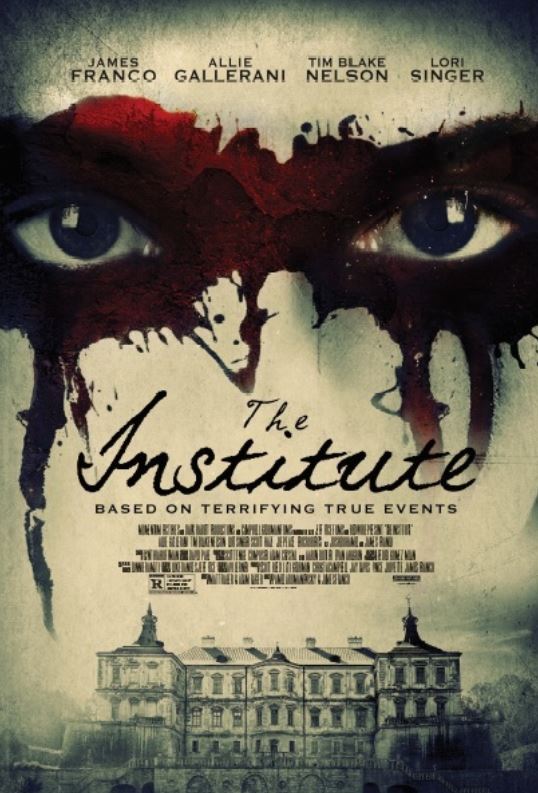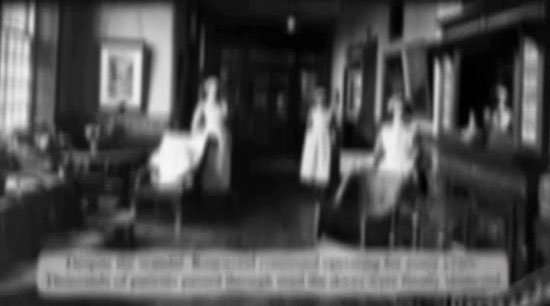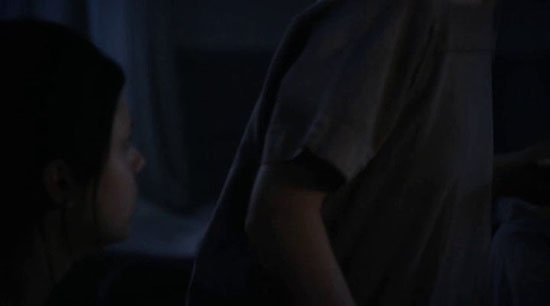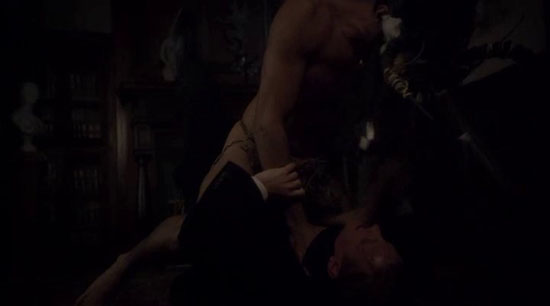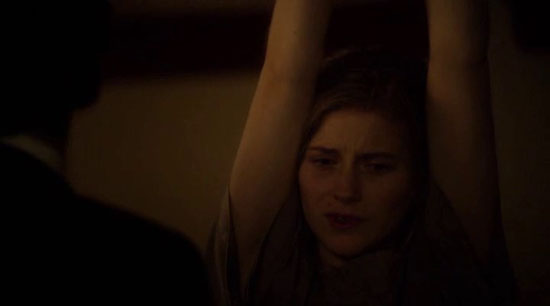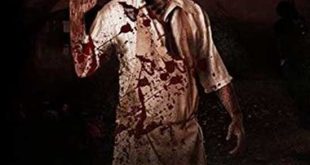SYNOPSIS:
In 19th century Baltimore, Isabel Porter, a girl stricken with grief from her parents’ untimely death, voluntarily checks herself into the Rosewood Institute. Subjected to bizarre and increasingly violent pseudo-scientific experiments in personality modification, brainwashing and mind control, she must escape the clutches of the Rosewood and exact her revenge, or else be forever lost
REVIEW:
James Franco is one of the busiest men in Hollywood. He shows up in movies and television shows throughout the year, always keeping people aware of his presence. Sometimes he’ll show up in a comedy. Other times, he appears in more dramatic fare. He’s always around and that has turned him into a household name. One thing that doesn’t often come up in discussions about his work is his directing career. There are over twenty projects in his directed filmography, with many more on the horizon. James Franco has managed to get this depth of work without it becoming as recognizable as his acting career.
One of the movie he directed was 2017’s The Institute. Allie Gallerani starred as Isabel Porter, a woman who felt she had mental problems. She voluntarily moved into The Rosewood Institute in Baltimore, Maryland where she was treated by Dr. Cairn (James Franco). Her treatment involved drug-induced acting performances that led to violent outbursts. A secret society was behind Cairn’s treatment of Isabel, and their secrets would unravel as her treatment continued. The story sounds more complicated than it really is.
The best part of The Institute was the acting. Most of the performances worked. James Franco was solid as Dr. Cairn, feeling like a caring yet manipulative man trying to get Isabel to do whatever he wanted. His showmanship was perfect when it came to the performances that the character created for the secret society. He cast himself well. Allie Gallerani also turned out a good performance as Isabel, the woman turning herself over to the ways of The Rosewood Institute. She was able to be the shy woman that she arrived as and turn on the menacing nature that she needed in the later parts of the movie. She was a character trying to fix herself but instead opening up the darkest sides of her personality. Josh Duhamel, Tim Blake Nelson, and Eric Roberts were other cast members that helped bring the story to life.
Another high point was how well the period setting of The Institute was established. The costume design and mannerisms of the characters fit the time. James Franco and his team did a great job bringing the past to life. With the story being set when it was, this was a necessary thing to nail down. Had the details been wrong, the whole movie would have felt off. Audiences will feel less immersed if the setting isn’t accurate.
Where the movie went wrong, however, was in James Franco’s direction and the writing. The story never came together to be exciting or scary. It felt like a biopic in the guise of a horror movie, attempting to tell a real story and be scary without focusing on the tension. There were tense moments throughout, but the movie didn’t build properly in order to pay off well by the end. It didn’t rise to a point where the bubble of tension would pop in a terrifying way. This was due to how jumbled the high points were. The highest point of tension occurred about two thirds of the way through and the climax wasn’t anywhere near as satisfyingly grim. It felt like the story structure was out of order.
There was the potential within The Institute to tell a great story about a dark time in the history of institutionalization. It highlighted issues that came with caring for people in the past who had mental disorders. The problem was that the story was structured in a way that felt disjointed and hindered interest. The acting was good, the setting was good, but the writing and direction lacked the building tension that could have made the movie great. It’s not a bad movie. Not by any means. It just didn’t live up to the potential and fell slightly short of good.
 Horror News | HNN Official Site | Horror Movies,Trailers, Reviews
Horror News | HNN Official Site | Horror Movies,Trailers, Reviews
